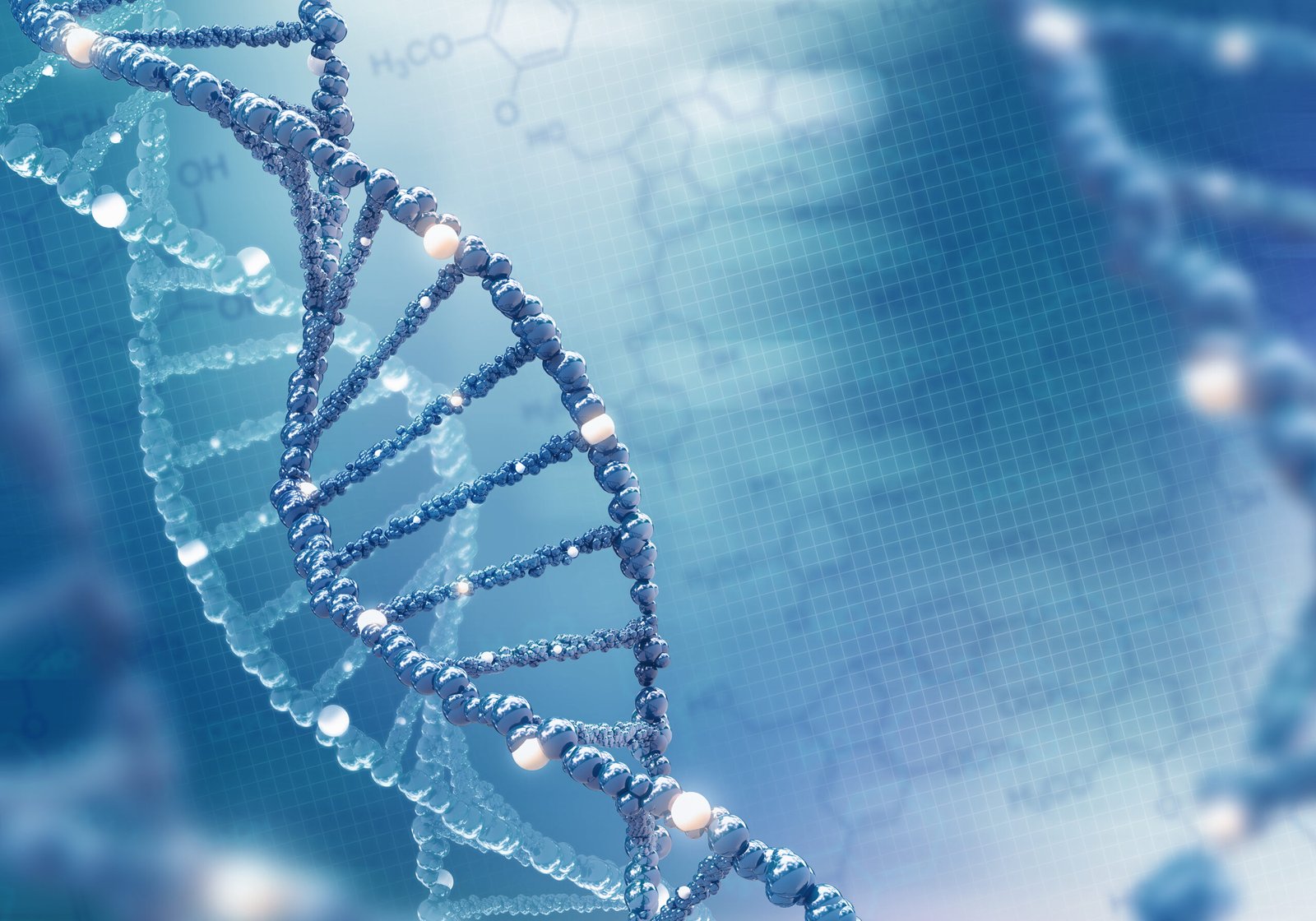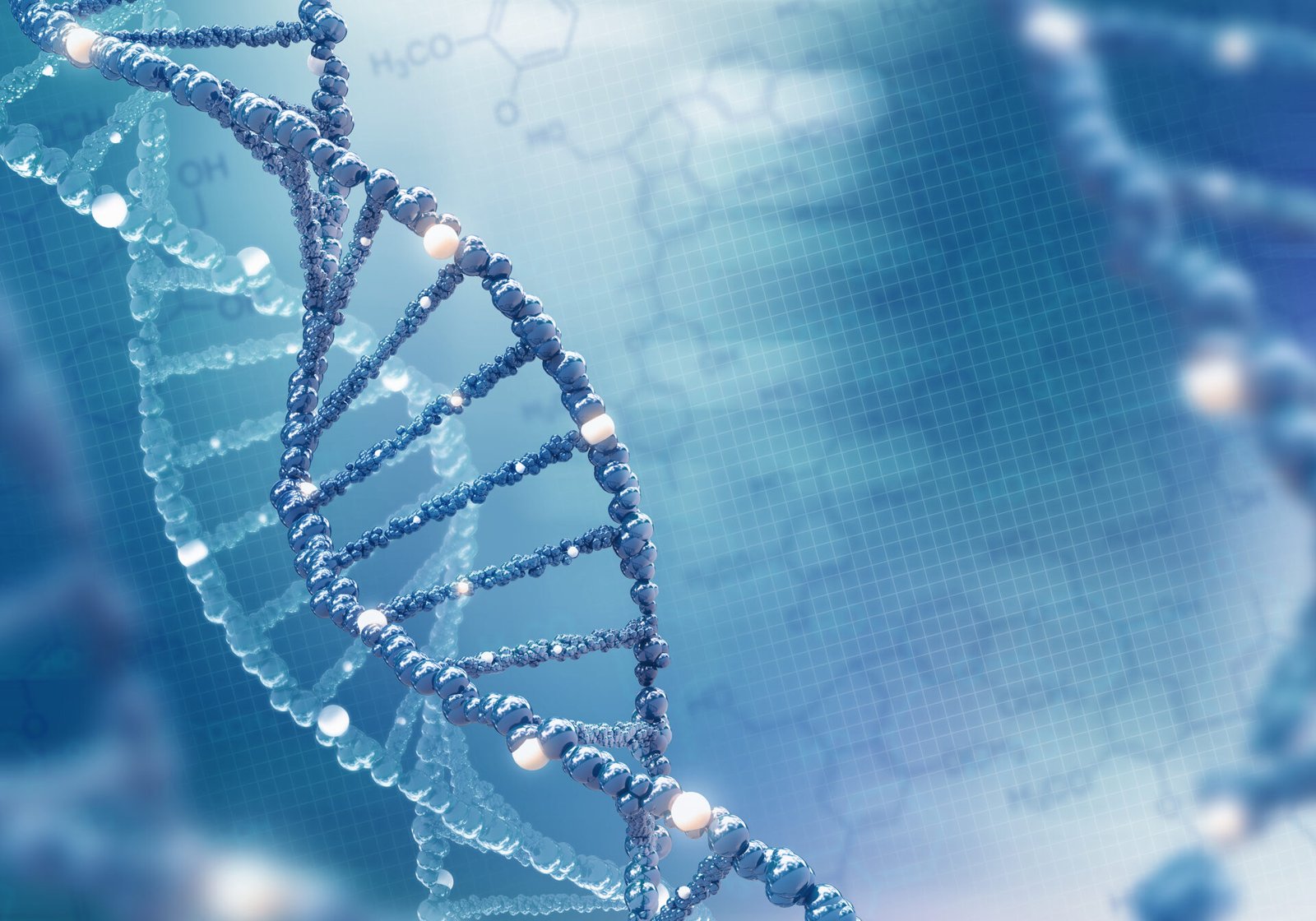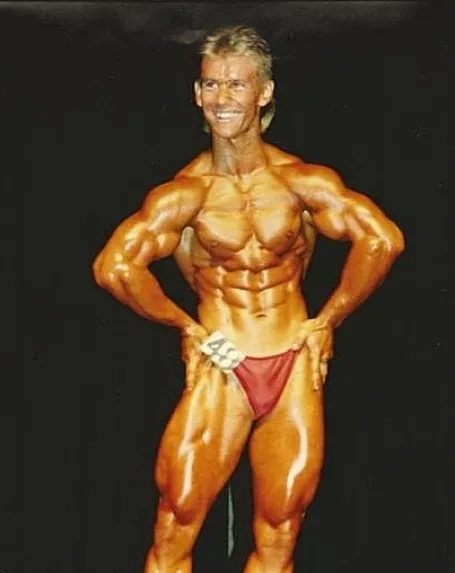
THERE is a lot of talk about genetics in bodybuilding but there is perhaps more to the word than you think.
Yes, genetics play an important part in the sport – and this is the reason we all are not all top IFBB professionals.
But what are they, exactly?
Well, genetics are the reason why some people have great body parts despite barely training them and why some people will train weak body parts seemingly for ever with hardly any results.
You must know someone who has the most amazing calves without ever having trained them, or the most monstrous traps with seemingly any effort.

Genetics will not only be a major part in your ability to grow muscle but also how balanced they are. For example, is your left bicep the same shape and size as your right? Are your abs the perfect shape and evenness creating the perfect six pack? Or are they irregular in appearance, with a large gap down the middle?
Genetics will ultimately be the driver for how your physique will turn out, how balanced you will grow, how fast you will grow, how lean you will be in the off-season and on stage. And this is the case no matter how many performance-enhancing drugs you may choose to take.
You have to ask yourself, why are top IFBB pros on the Olympia stage? It’s not that they train any harder than many of us, or they eat better than many of us [although they probably do], or even take more gear than many of us.
Their bodies are just blessed with the ability to grow faster, more even and symmetrical and keep leaner than us.
But that is genetics on the surface. When a fellow gym-goer says something like, ‘he’s just got good genetics’, they are talking about all we have discussed above.

But in truth, genetics run much deeper than that.
How is your appetite, for example? Are you able to force down thousands of calories of good, clean good in the off-season when you are not hungry? Or, having eaten four of five meals already, do you wince at the thought of another meal?
This is genetics.
And what about your metabolism? Do you, as people are fond of saying, ‘put on 10lbs just by looking at a carb’, or can you eat like there is no tomorrow and barely add an ounce of bodyweight?
This is genetics.
How do you respond to gear? Do you suffer from all sorts of side effects using the bare minimum? Or can you tolerate moderate to high doses with relative comfort? What about compounds such as clenbuterol? Can you cope with high doses, or do you shake like a leaf with the bare minimum?
This too is genetics.
And how disciplined are you with your nutrition? Can you accept some suffering during a contest prep, or do you run to the cupboard for a snack each time you fill a twinge of hunger?
You are either genetically predisposed to being extremely disciplined, or you might get close, but never close enough.
All genetics.

This is something the more mature bodybuilder understands but perhaps not the younger generation. They all want to be professionals in a year or two – you must have heard countless people in the gym saying: “I want to get my pro card”, as if was as easy as going to the shops and buying it.
But you must have at the very least favourable genetics or you will never reach the stage, let alone win a pro card.
If you look at Lee Priest for example, he won the Mr Australia when he was only 18 years of age. So why isn’t there loads of monstrous 18-year-olds wondering the planet? Because there are certainly more 18-year-olds training than ever before.
Ronnie Coleman competed natural until he was 30 years of age. Have you ever seen a picture of him on his pro debut in 1992? He was a monster and still natural. This is not the norm but just superior genetics.
So why do these pros grow better than most of us mere mortals? Well, they have the ability to synthesise protein more rapidly, recover quicker and have naturally higher levels of hormones.

There is some evidence that some of these top bodybuilders have a gene defect with myostatin. This gene stops you growing past a certain given point. Have you ever seen a Belgium blue cow? They literally just eat grass and the amount of lean muscle mass is ridiculous.
What we are certain of is that better genetics for growing will make you grow faster from training and utilise your food better. Your body will make better use of the drugs so, in theory, you will need less of them to build muscle. All this and the ability to grow your muscles evenly and symmetrical too, appetite, metabolism, discipline etc.
I have seen so many amazing genetically gifted bodybuilders not make the stage because they can’t take dieting or the training is too much.
The mindset of a champion is genetic too, to a point. It is very possible for an athlete with poorer genetics to beat a genetially gifted bodybuilder because they can train harder, be more consistent, eat better, suffer that little bit more to get leaner than the rest.
Now have a think about yourself. Which genetics are strong for you. And which is your genetic limitation.
Leave a Reply